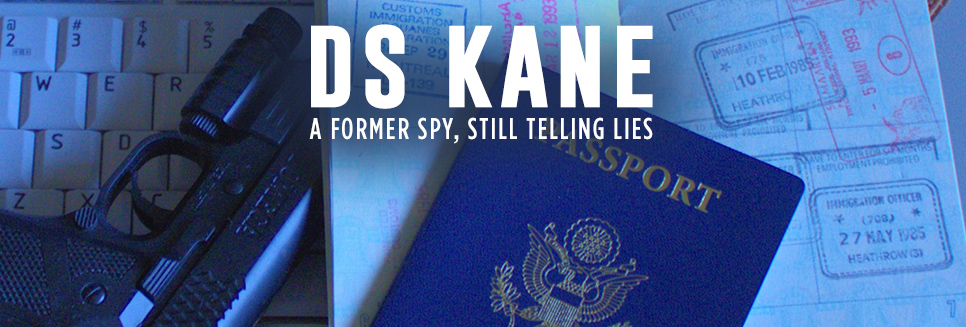March 12, 2014
Yesterday, the breaking headline was a very public argument between CIA Director John Brennan and Senator Diane Feinstein, Chairwoman of the Senate Intelligence Committee, each one claiming the other’s organization had infiltrated their computers in an attempt to steal information regarding investigations each was pursuing with the other.
It sounds, on the face of it, like a snake swallowing its head. To me, the biggest question is, which end is the head? To whom does the CIA report? To whom does the Senate report? Who runs whom? The constitution created the Senate, but laws the Senate was a party to passing created the CIA. So, is the CIA subservient to the Senate? My belief is that this is so, but lately I’ve come to have my doubts. In the wake of the Edward Snowden affair, intelligence services in the United States seem to report to no one these days. And, of course, as I’m very fond of saying, the key mission of any intelligence service is disinformation, or lies.
The Posse Comitatus Act of 1878 forbids the use of the military of the United States for law enforcement purposes, with the exception of the National Guard. Coupled with the Insurrection Act of 1807, we have a set of laws that governed the President of the United States of America’s ability to deploy troops within the United States to put down lawlessness, insurrection and rebellion. “Posse comitatus” means “an armed body of men at the disposal of the King for the purposes of keeping the peace.”
One of the implications of the Posse Comitatus Act was that the CIA was also forbidden to operate on US soil.
The Posse Comitatus was repealed, replaced by The “National Defense Authorization Act” (NDAA), H.R. 1540. This legislation was signed into law by President Barack Obama in Hawaii on December 31, 2011. The new law codifies indefinite military detention without charge or trial into law for the first time in American history.
Had Posse Comitatus been in effect, the CIA would have very clearly broken the law, if they have hacked the Senate’s computers. But with that law repealed, it’s hard for someone who isn’t a constitutional lawyer to determine if the CIA’s actions were illegal. If indeed, the CIA hacked the Senate.
Obama justified the NDAA as a means to combating terrorism, as part of a “counter-terrorism” agenda. But in substance, any American opposed to the policies of the US government can – under the provisions of the NDAA – be labelled a “suspected terrorist” and arrested under military detention.
We now know – courtesy of Edward Snowden – that hacking into government computers is an act of terrorism.
Is the CIA subject to the laws of the United States? Are they subject to this law? If they have hacked the Senate’s computers, is that an act of terrorism?
Is the Senate subject to this law? If they hacked the CIA’s computers, is that an act of terrorism?
Shades of Edward Snowden! Seems to me, someone needs to redefine what the NDAA implies, since its violators now include our elected and employed government officials.
Subscribe to:
Post Comments (Atom)

No comments:
Post a Comment